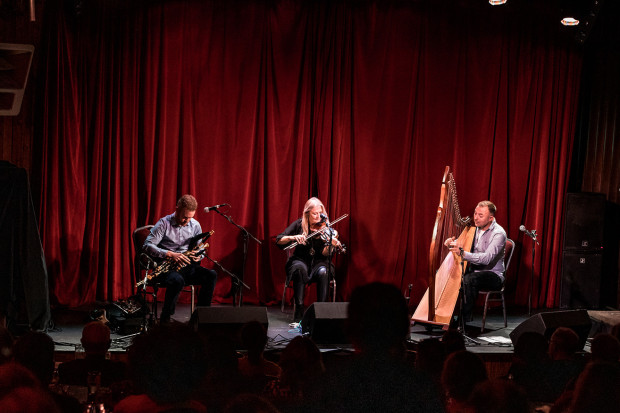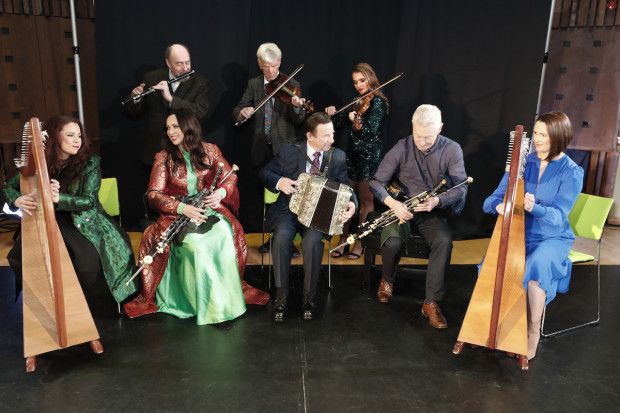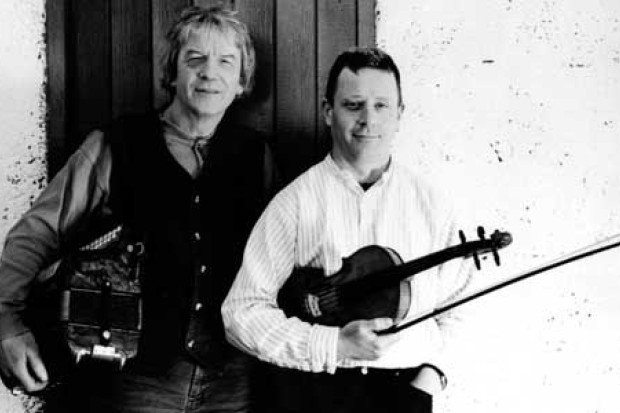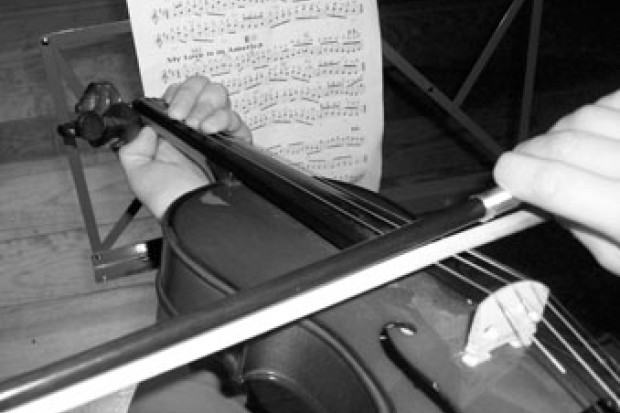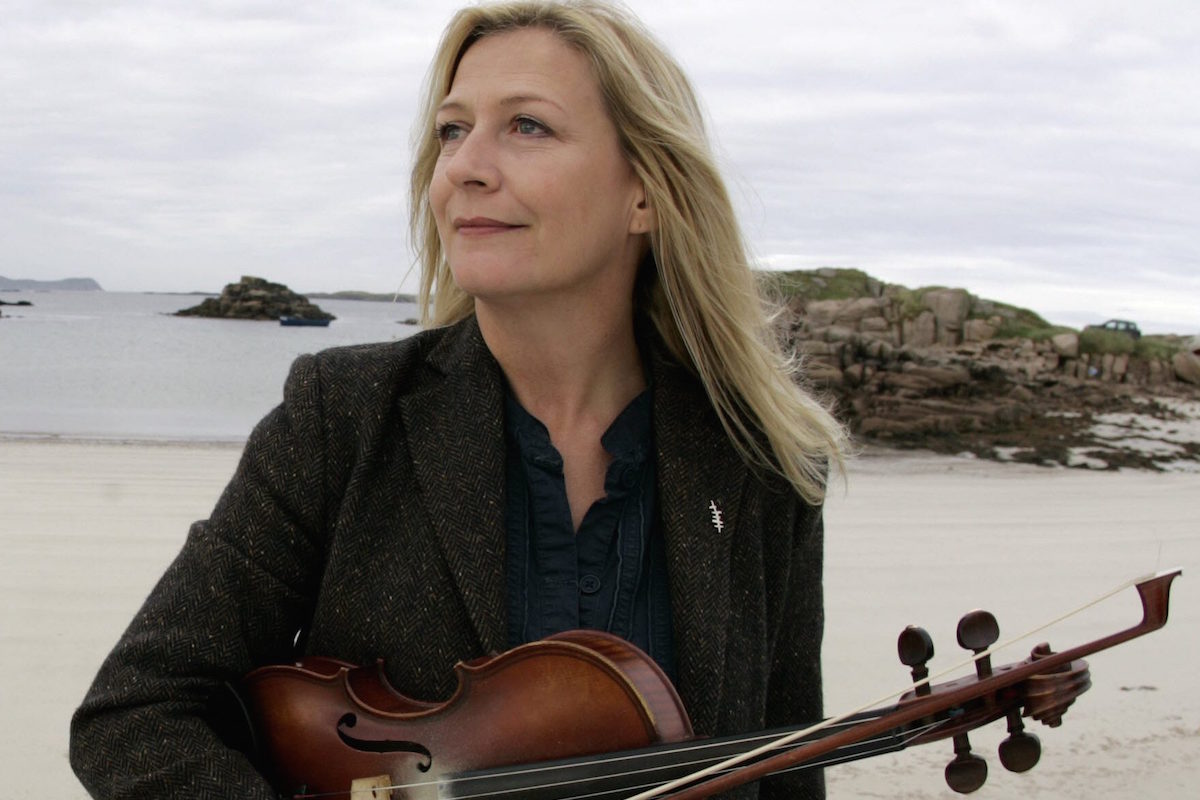
Mairéad Ní Mhaonaigh
Why Are We Neglecting the Female Tune Composers?
In 2015, I wrote an article called ‘Why are We Forgetting the Tune Composers?’ regarding TG4’s decision to drop the composer category from the annual Gradam Ceoil traditional music awards. The award – Gradam an Chumadóra (‘Composer Award’) – existed between 2001 and 2013 but was then left out without explanation. It returned in 2017 for one year, but has now disappeared again.
In my previous article, I mentioned dozens of prominent Irish tune composers who had not yet received the award, and now never would. When I originally wrote the piece, it did not occur to me that the article mentioned just two female composers.
At the time, nobody commented on this imbalance in the article, or, if it was noticed, it wasn’t pointed out to me. However, the work of the FairPlé movement, which has raised awareness of gender imbalance in Irish traditional and folk music, has made me rethink my original piece.
It is clear that I should have mentioned many more female composers. They have been marginalised in the world of traditional Irish music composition. There are so many that, were Gradam an Chumadóra to be reinstated, these composers, along with their male colleagues, would keep the award going until the 2050s.
Keegan and Carroll
Among the fourteen recipients of Gradam an Chumadóra since 2001, just two have been female artists – Josephine Keegan (2005) and Liz Carroll (2011).
As Seán Maguire’s piano accompanist, Keegan – who is also a fiddle-player – has perhaps been overshadowed by her famous musical partner. Yet she has published four collections of over 500 tunes, the best known of which is the reel ‘The Curlew’, which has been recorded by Altan. ‘The Gates Of Mullagh’ and ‘Clear the Decks’ have also have been recorded several times. Despite her output, her work is not as well known as her male contemporaries. Is this an example of the imbalance that FairPlé has highlighted?
The compositions of Chicago native Liz Carroll are better represented in sessions, recordings and concerts. She is the most celebrated female composer within the Irish tradition. In 1994, the US National Endowment for the Arts awarded her a National Heritage Fellowship for her contribution to music as both a performer and a composer. In 2010, she and John Doyle were nominated for a Grammy for their album Double Play. The same year they were invited to perform for President Obama at the White House.
Carroll has hundreds of tunes, many of which are in her wonderful book Collected and on albums such as Liz Carroll, Lost in the Loop and Lake Effect. In her work she displays an ingenious gift for melody and an innovative approach to rhythm. Her best-known tunes include ‘Lost in the Loop’, ‘The Diplodocus’, ‘The Chandelier’ and ‘Lizzie in the Lowground’.
Recognition for tune composers
Apart from Keegan and Carroll, however, few other female tune composers have received much recognition. Perhaps it is simply a reflection of the fact that tune composition in general is not widely recognised. If that is true, raising awareness of the many talented female tune composers is as good a place to start as any.
Mairéad Ní Mhaonaigh, singer and fiddle-player with Altan, has a substantial output of tunes and songs, many of which feature on Altan’s albums and her solo album Imeall. She displays a distinctive voice in her melodies, which often show a fondness for the lower reaches of the fiddle. For example, the reel ‘Loch Altan’ (from Altan’s eponymous debut) uses just one octave across the G and D strings. This creates a driving effect that is also apparent on her tune ‘The Red Crow’, the title track from Altan’s 1990 album. ‘The Red Crow’ may be Ní Mhaonaigh’s most popular tune as it has been recorded at least fifteen times. Perhaps the finest of her compositions though is the haunting jig ‘A Tune for Frankie’. The tune’s beauty lies in its melancholy pace, meandering G Dorian melody and oddly phrased rhythms which place it somewhere between a slip jig and a double jig. There’s no other tune quite like it and Altan’s recording on Blackwater from 1996 is reminiscent of the Bothy Band at their best.
Whistle and flute-player Joanie Madden, leader of US band Cherish the Ladies, is the composer of the ubiquitous session tune ‘The Cat’s Meow’, yet she has many other compositions that have yet to receive wider recognition outside of the Irish-American scene. For example, the reel ‘The Conspiracy’ has been recorded several times and by artists such as flute-player Steph Geremia and piper Jerry O’Sullivan. O’Sullivan’s album The Invasion is named after another Madden reel. Some of her other tunes include the beautiful air ‘The Hills of New Zealand’, the reel ‘Nuala’s Bonnet’ (recorded by Cillian Vallely and Kevin Crawford) and the wonderfully titled ‘Bonkers in Yonkers’, a lively B-flat reel with a syncopated second half.
Unorthodox keys
Clare accordionist Josephine Marsh’s superb debut album from 1996 contains several of her compositions. In her tunes she shows a tendency to move outside the most commonly used keys and modes in traditional music. Her best known tune, the F-major reel ‘Phyllis’ Birthday’ has been recorded over twenty times. Also in F major is the distinctive jig ‘Onions and Bunions’, and the gorgeous waltz ‘Matthew’s’ is in the unorthodox key of E major. Marsh recently released a new album, Music in the Frame, which features several new compositions. Her many tunes and her innovative work with the Josephine Marsh Band mark her out as one of the finest tune composers of her generation.
Máire Breatnach is a fiddle and viola player who has worked with an array of artists from The Chieftains and Mike Oldfield to Bryan Adams and Moya Brennan. Her playing can be heard on numerous film soundtracks including In the Name of the Father and Rob Roy and she was the original fiddle-player in Riverdance. Her five solo albums contain many of her own tunes, for example Angels’ Candles, her debut album, which features 14 original compositions. Her tunes have been recorded by, among others, Lúnasa (‘Hop Slide’) and Solas (‘Máire Breathnach’s #1 & #2’).
The handful of original compositions by fiddle-player Siobhán Peoples that feature on her album with Murty Ryan, Time on Our Hands, hint at a composer of considerable talent. ‘Legend of Lisalway’ is a jig with a beautiful ambiguity in its modal and melodic structure, and ‘Nico’s Mermaid’ is an achingly nostalgic E Dorian waltz. The unrecorded slip jig ‘Best of Friends’ contains a chromatic passage in the second part that is quite unusual for traditional Irish music.
Collection of compositions
I had mentioned Sandie Purcell briefly in the original article. However, her work deserves wider recognition. She is one of the very few female composers to have published a book of Irish tune compositions, 101 Original Compositions of Irish Traditional Music by Sandie Purcell (2007). Twenty-three of these were recorded by her group Reelan on the album The Crooked Picture. A graduate of the DIT Conservatory of Music and Drama, Purcell has also composed a seven-minute work titled ‘The Battle of Clontarf’, a commemorative commission from Dublin City Council written for piper Mark Redmond.
There are many more female tune composers that merit wider recognition, including Shannon Heaton, Sharon Shannon, Liz Kane, Michelle Mulcahy, Bríd Harper, Louise Mulcahy, Zoë Conway, Emer Mayock, Karen Ryan, Caitlín Nic Gabhann, Mary Staunton, Úna Monaghan, Máire Ní Chathasaigh, Gráinne Brady, Máire O’Keeffe, Anne-Marie O’Farrell, Niamh Varian-Barry, Áine Heslin, Nuala Kennedy, Janet Harbison, Carmel Gunning, Liz Coleman, Eimear McGeown, Mary Bergin and more.
This list is in no way comprehensive, but given the prominent names mentioned in this article, it can only be hoped that TG4 will reinstate the composition award soon and acknowledge a simple fact – that traditional Irish music would not exist without composers.
Published on 28 February 2019
Dave Flynn is a composer, musician and founder and artistic director of the Irish Memory Orchestra. Visit www.daveflynn.com.












